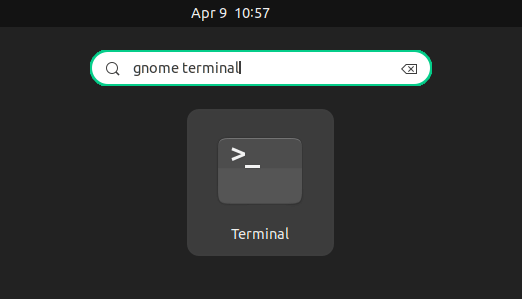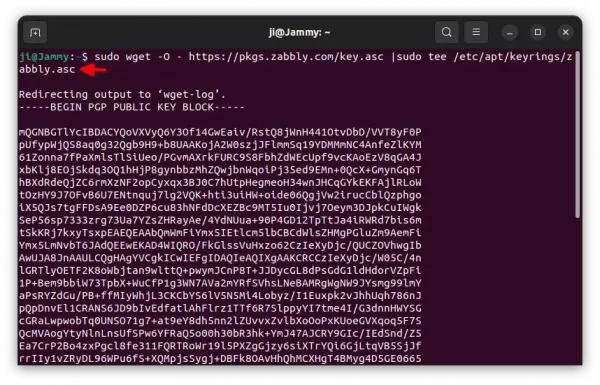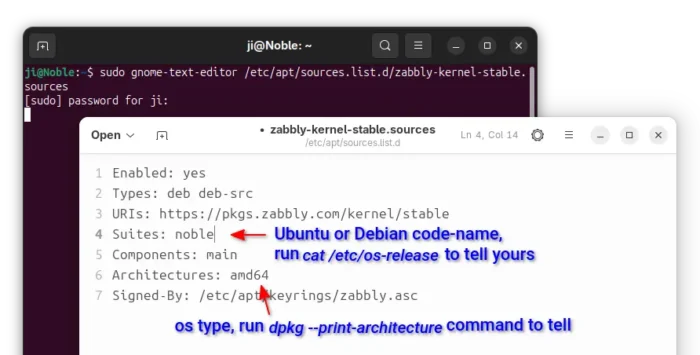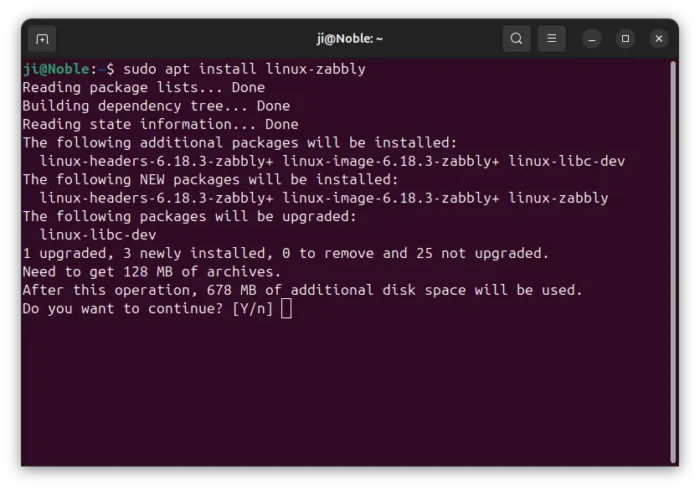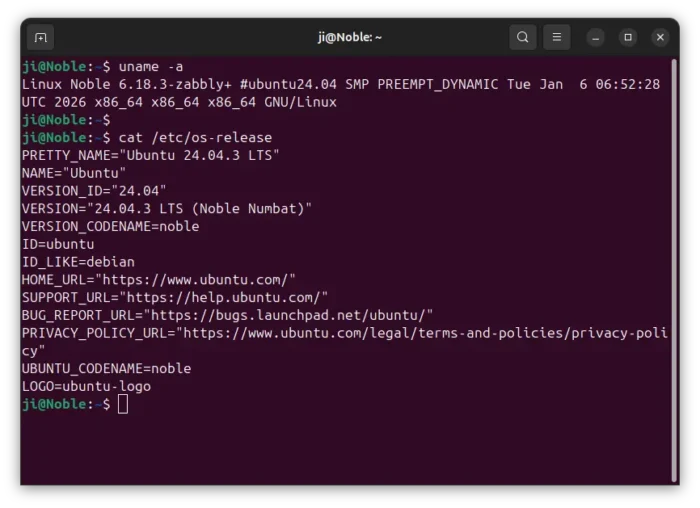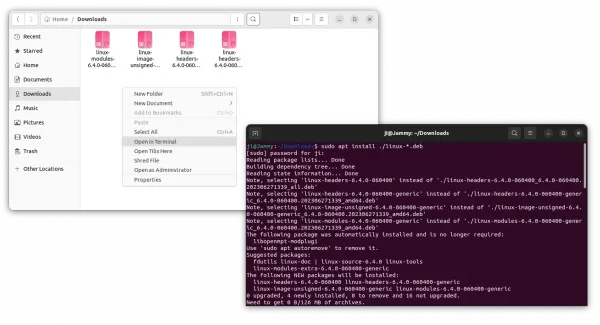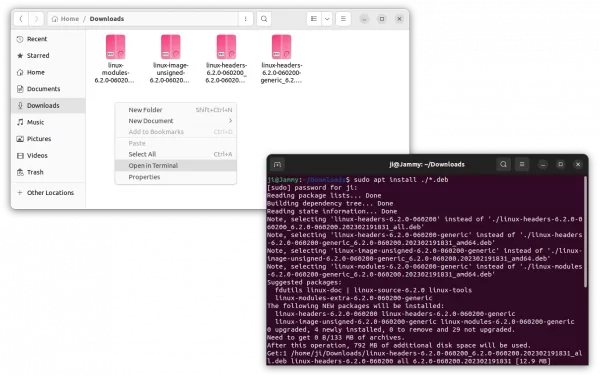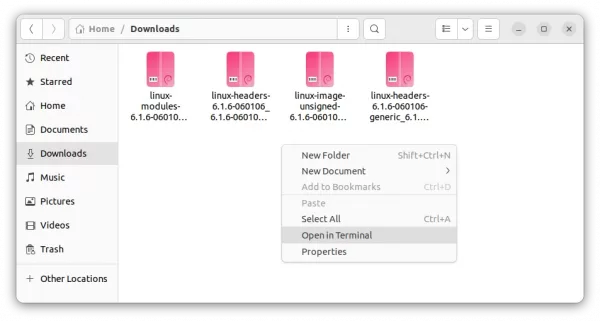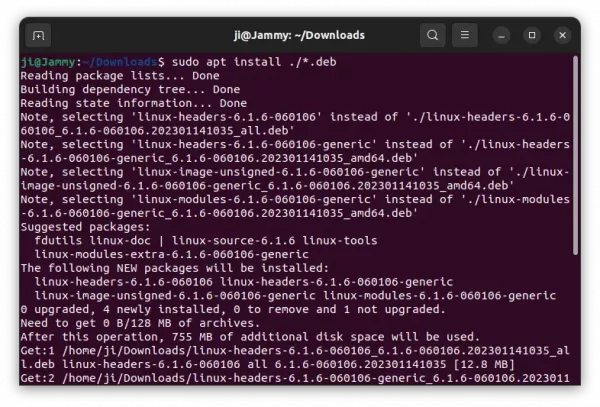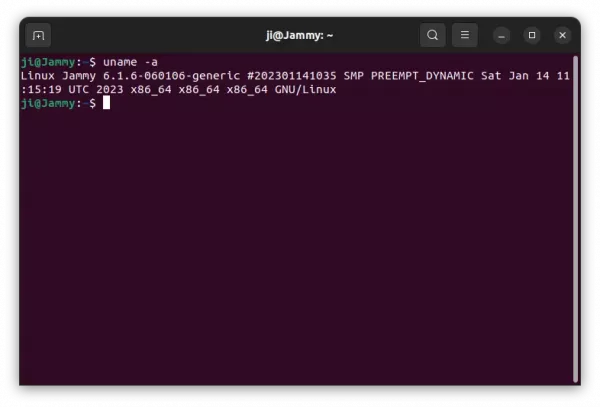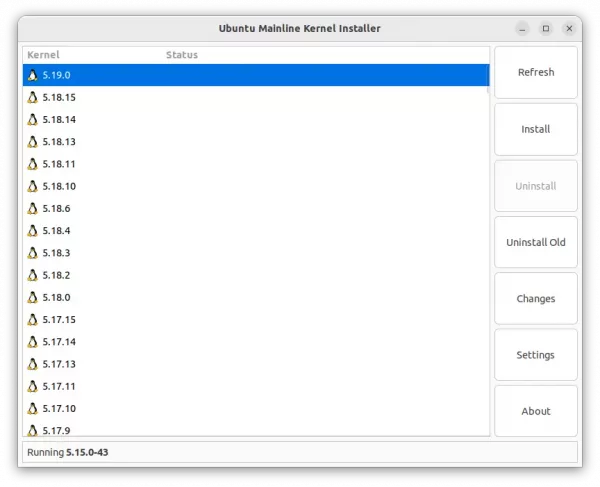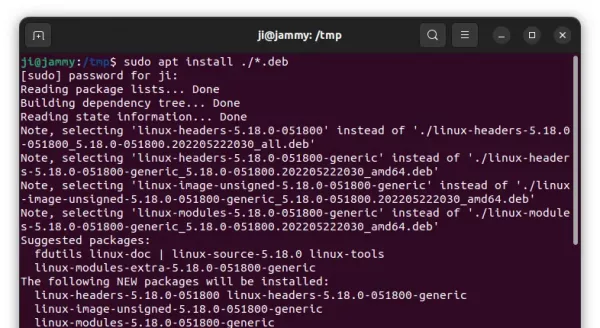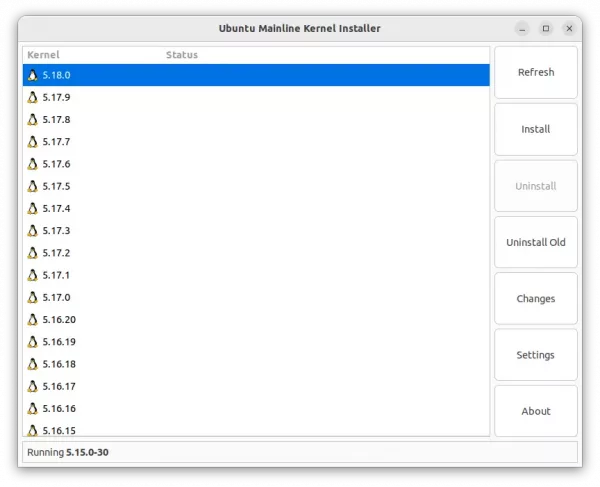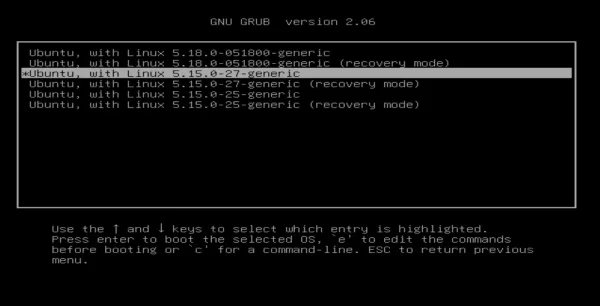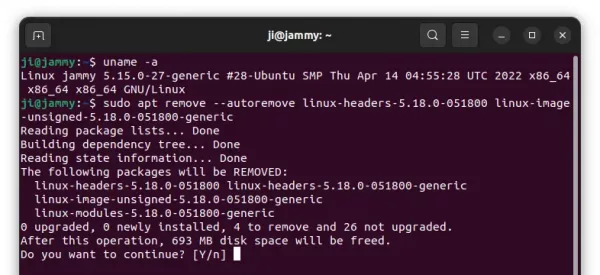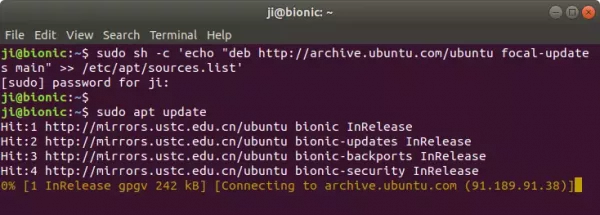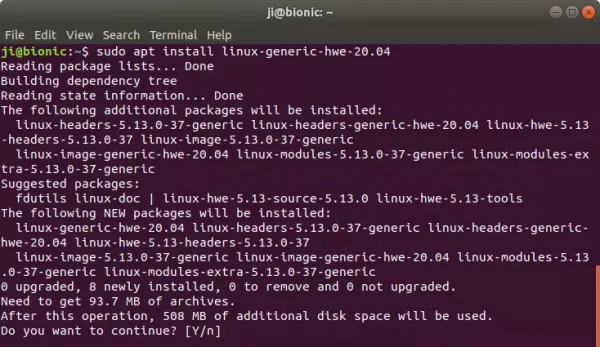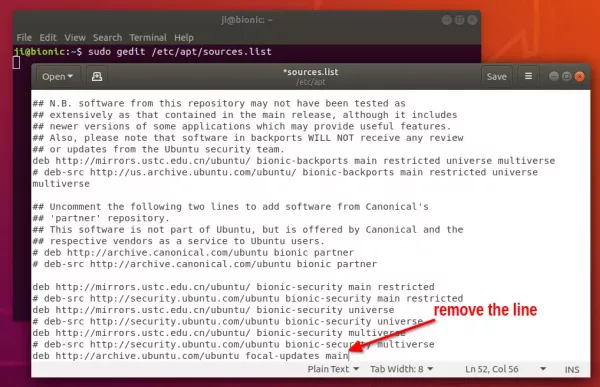Linus Torvalds announced the release of Kernel 6.5 this Sunday. He wrote:
So nothing particularly odd or scary happened this last week, so thereis no excuse to delay the 6.5 release.
I still have this nagging feeling that a lot of people are on vacation and that things have been quiet partly due to that. But this release has been going smoothly, so that’s probably just me being paranoid. The biggest patches this last week were literally just to our selftests.
Linux Kernel 6.5 features enhanced load balancing for Intel hybrid CPUs, Intel SoundWire ACE2.x support, and new meteor Lake-S driver.
For AMD, it now uses AMD P-State driver by default rather than CPUFreq for Zen 2 and newer systems, and support Error Detection And Correction (EDAC) subsystem for AMD Ryzen 7000 series.
The AMDGPU driver enabled FreeSync video mode by default, got performance improvements and power saving optimizations.
The release also improved LoongArch support with Simultaneous Multi-Threading, SIMD/Vector Extensions. Added support for the Alibaba T-Head TH1520 RISC-V 64-bit processor, and IBM POWER10 received DEXCR support.
Other changes in Kernel 6.5 include:
- Mainline support for the Acer Aspire 1 Arm laptop, Sony Xperia M4 Aqua phone.
- Enable new Permission Indirection Extensions for Armv8.9
- Open-source driver support for Adreno 690 that found in Lenovo ThinkPad X13s laptop.
- Mediatek Vcodec driver has added support for AV1 and HEVC/H.265 stateless video codecs.
- Much faster parallel direct I/O overwrite on EXT4.
- Microsoft Xbox controller rumble support
- Initial support for USB4 v2.
- MIDI 2.0 support
How to Install Linux Kernel 6.5 in Ubuntu
As usual, the mainline Kernel PPA build the packages available to download at the link below:
Sadly, this build only installs in Ubuntu 23.10 due to dependency updates. For modern 64-bit (x86_64) PC/laptop, select download the amd64 build packages:
- linux-headers-6.5.0-060500-xxxxxx_all.deb
- linux-headers-6.5.0-060500-generic_xxx_amd64.deb
- linux-modules-6.5.0-060500-generic_xxx_amd64.deb
- linux-image-unsigned-6.5.0-060500-generic_xxx_amd64.deb
After downloading them, right click on blank area in Downloads page and select “Open in Terminal”. Finally, install the kernel packages via command:
sudo apt install ./linux*.deb
For Ubuntu 22.04, Kernel 6.5 is available to install by running sudo apt install linux-oem-22.04d command in terminal.
Ubuntu 20.04 user can install it through the new zabbly repository.




